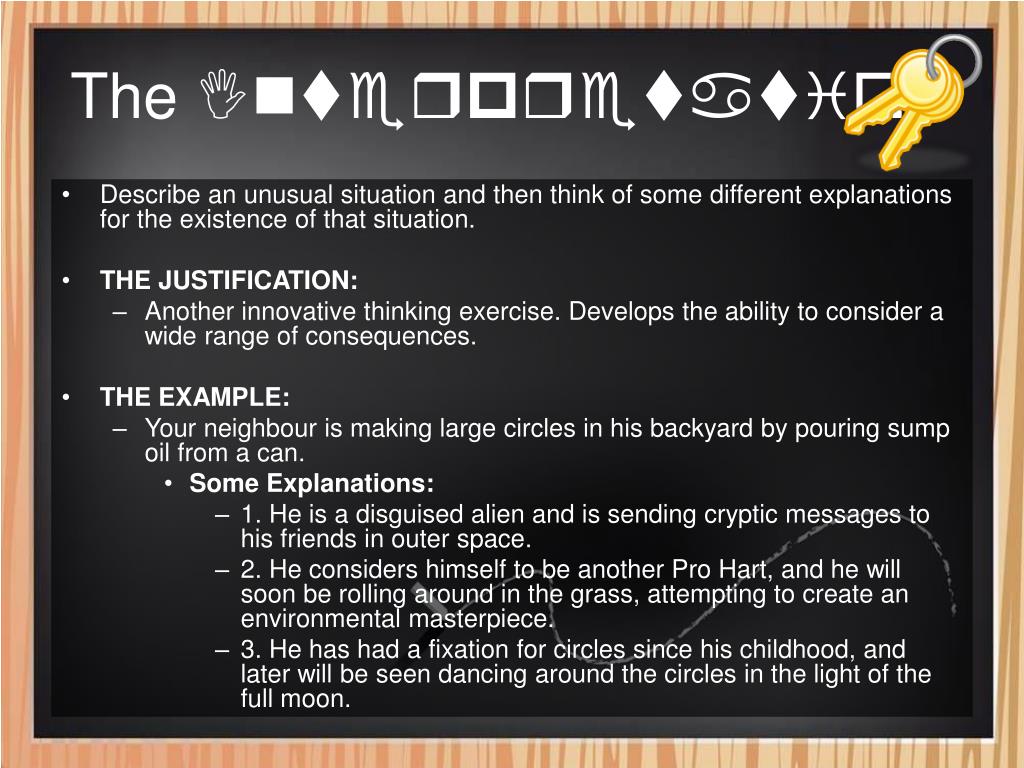A media feeding frenzy is intense media coverage of a story of great interest to the public.
- Canned News Definition
- Party Press Definition
- Feeding Frenzy Attack Journalism And American Politics Video
- AbeBooks.com: Feeding Frenzy: How Attack Journalism Has Transformed American Politics (365) by Sabato and a great selection of similar New, Used and Collectible Books available now at great prices.
- In Feeding Frenzy: How Attack Journalism Has Transformed American Politics (1991), Sabato criticized what he described as the media’s increasing focus on unflattering stories from the personal lives of politicians and candidates, corresponding to reduced coverage of serious political issues.
The 1998 Lewinsky scandal in the U.S. was a well-noted example of this.
In 'Feeding Frenzy: How Attack Journalism Has Transformed American Politics' (Free Press, 1991 and 1993), political analyst and University of Virginia government professor Larry J. Sabato provided.
The metaphor, drawing an analogy with feeding frenzies of groups of animals, was popularized by Larry Sabato's book Feeding Frenzy: Attack Journalism and American Politics.

Other examples include media coverage of 'crime waves' that often drive changes in criminal law to address problems that do not appear in the National Crime Victimization Survey (NCVS), the most reliable indicator of actual crime in the U.S.; unlike the Uniform Crime Reports (UCR), the NCVS is not affected by changes in people's willingness to report crimes to law enforcement and in the willingness of law enforcement to forward UCRs to the Federal Bureau of Investigation (FBI) for inclusion in national summaries.[1]
Sacco claimed that media outlets try to organize their reporting as much as possible around themes to help them amortize over several reports the work required to educate a journalist to the point where s/he can discuss a subject intelligently. These themes become 'feeding frenzies'.[2] The availability cascade helps explain the human psychology behind a media feeding frenzy.
Of course, a commercial media organization could lose advertising if they had a media feeding frenzy that affected an advertiser's business: Advertisers don't want to feed mouths that bite them, and have been known to modify where they spend their advertising budget accordingly. Commercial media disseminate negative information about advertisers only to the extent required to keep customers.[3]
Canned News Definition

See also[edit]
Notes[edit]
- ^Sacco, Vincent F. (2005), When Crime Waves, Sage, ISBN9780761927839
- ^Sacco, Vincent F. (1995). 'Media constructions of crime'. Annals of the American Academy of Political and Social Science. 539 (1): 141–154. doi:10.1177/0002716295539001011. cited from Potter and Kapeller (1998, pp. 37-51; see especially the section on 'The Content of Crime Problems', p. 42
- ^McChesney, Robert W. (2004). The Problem of the Media: U.S. Communication Politics in the 21st Century. Monthly Review Press. ISBN1-58367-105-6.